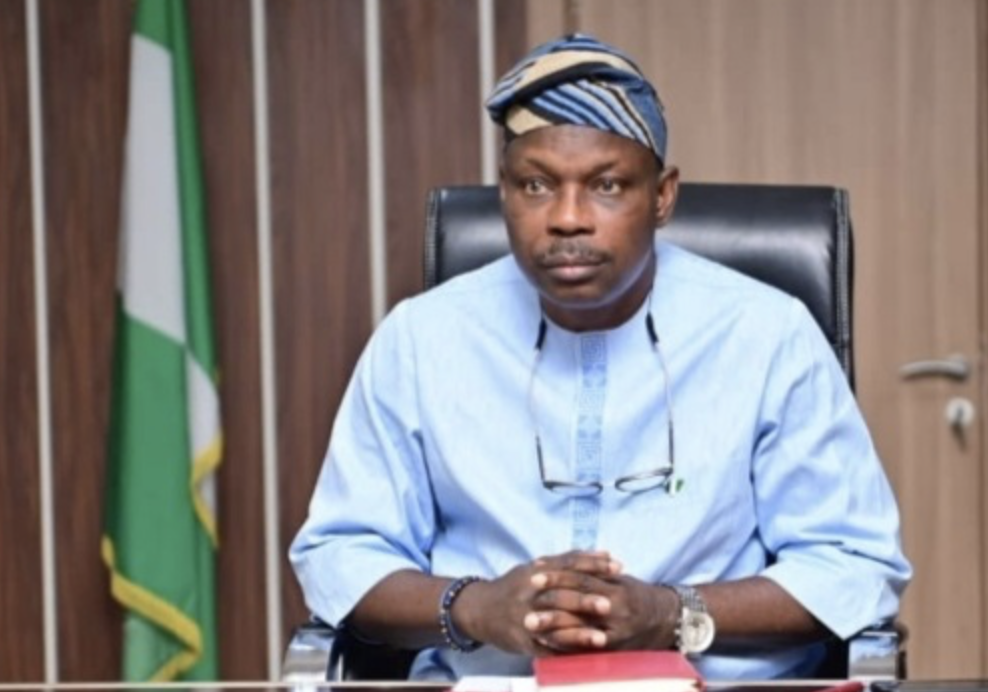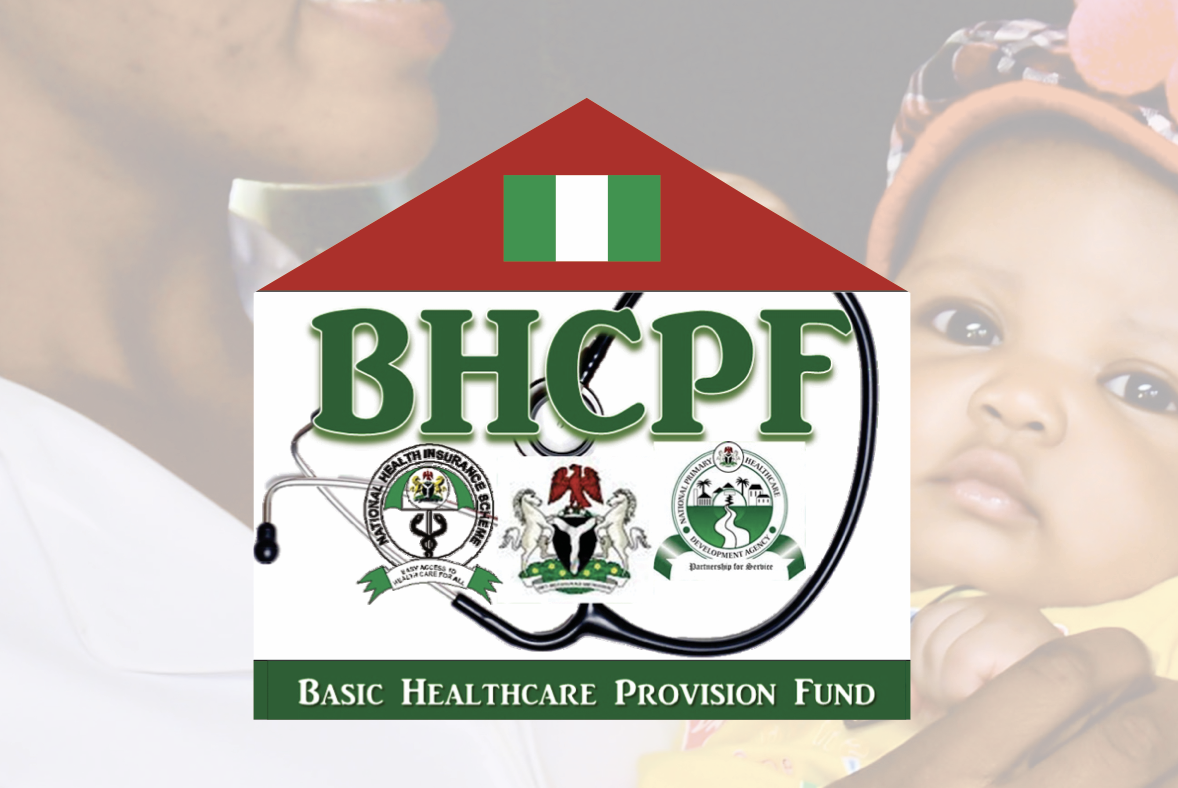Nigeria boosted health spending from ₦434B (2018) to ₦2.4T (2024), now 5.18% of federal budget. New insurance reforms aim to enroll 4M citizens by 2030, reducing household health costs from 70%. Government targets universal coverage through innovative financing and partnerships.
Nigeria’s Federal Government has reinforced its commitment to achieving universal health coverage through comprehensive health financing reforms, as outlined by Minister of State for Health and Social Welfare Dr. Iziaq Salako at the National Health Financing Policy Dialogue in Abuja. The government’s dedication extends beyond policy discussions to implementing actionable strategies that deliver measurable outcomes for citizens’ health and wellbeing.
The administration has demonstrated this commitment through substantial budget increases, with federal health allocations rising dramatically from ₦434 billion in 2018 to ₦2.4 trillion in 2024, representing 5.18 percent of the federal budget. The National Assembly further approved an additional ₦300 billion to address external aid shortfalls, while state governments have simultaneously increased their health investments. These efforts have elevated Nigeria’s total health expenditure from 3.4 percent of GDP in 2013 to 5.3 percent in 2024, though officials acknowledge this progress remains below desired targets.
Key structural reforms include the National Health Insurance Authority Act of 2022 and the establishment of the Vulnerable Group Fund, both designed to expand insurance coverage and protect vulnerable populations from catastrophic healthcare costs. The government aims to enroll at least four million Nigerians in the National Health Insurance Scheme by 2030, addressing the current burden where healthcare expenses account for up to 70 percent of household expenditure.
Minister Salako emphasized learning from successful African models like Ghana and Kenya, where political commitment, innovative financing, robust legal frameworks, and decentralized implementation have strengthened healthcare systems. The dialogue brought together policymakers, development partners, and civil society organizations to forge sustainable partnerships and exchange best practices, reinforcing the collective responsibility to ensure every Nigerian has access to quality healthcare and financial protection.




